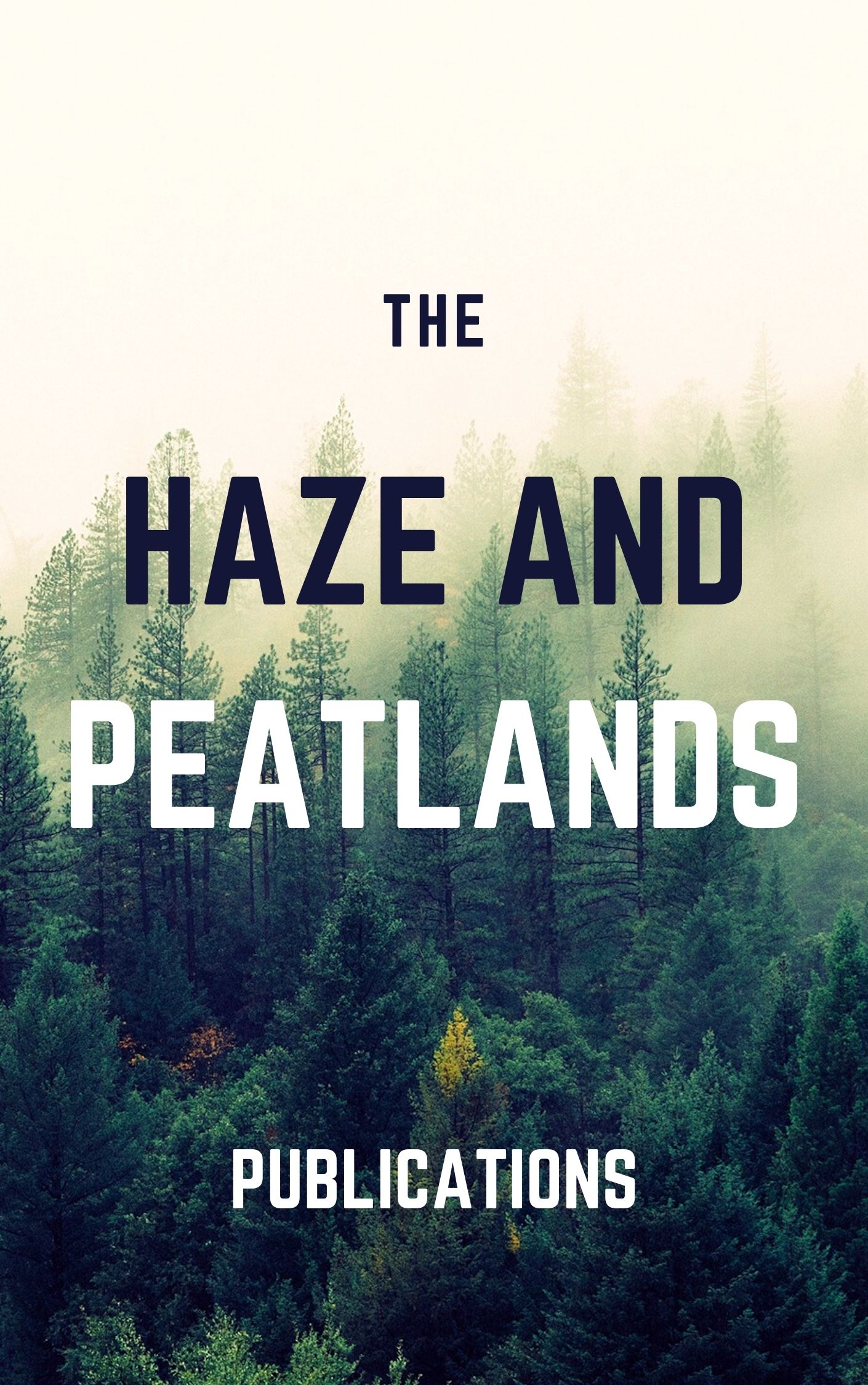Present study focuses on fruit waste biomass generated during the postharvest treatments of coffee cherries (Coffea spp.) and its subsequent utilization within the waste-less, sustainable and ecological farming systems. Investigated samples were collected at the organic shaded multi-culture coffee plantations in West Lampung, Indonesia. Within the determination of most suitable subsequent utilization, the samples were subjected to the analysis of their basic chemical parameters, energy potential and ash composition. Three samples kinds were defined: I. CP (outer skin, pulp), II. CH (husk, silver skin, parchment) and III. CA (burned mixture of previous two waste materials). Obtained values proved following results; CP: Mc - 79.21%, Ac - 2.05%, CV - 17.19 MJ/kg; CH: Mc - 21.08%, Ac - 6.50%, CV - 18.14 MJ/kg; CA: Mc - 30.79%, Ac - 28.11%. Measured values proves the suitability of tested materials for combustion processes as a renewable source of clean energy (high energy potential), but also for the composting purposes (Potassium content K2O - 10.946%). A great potential of tested materials within their subsequent reuse was proved, as well as the fact that they represent a commodity suitable for further valorization. © Published under licence by IOP Publishing Ltd.
View source

